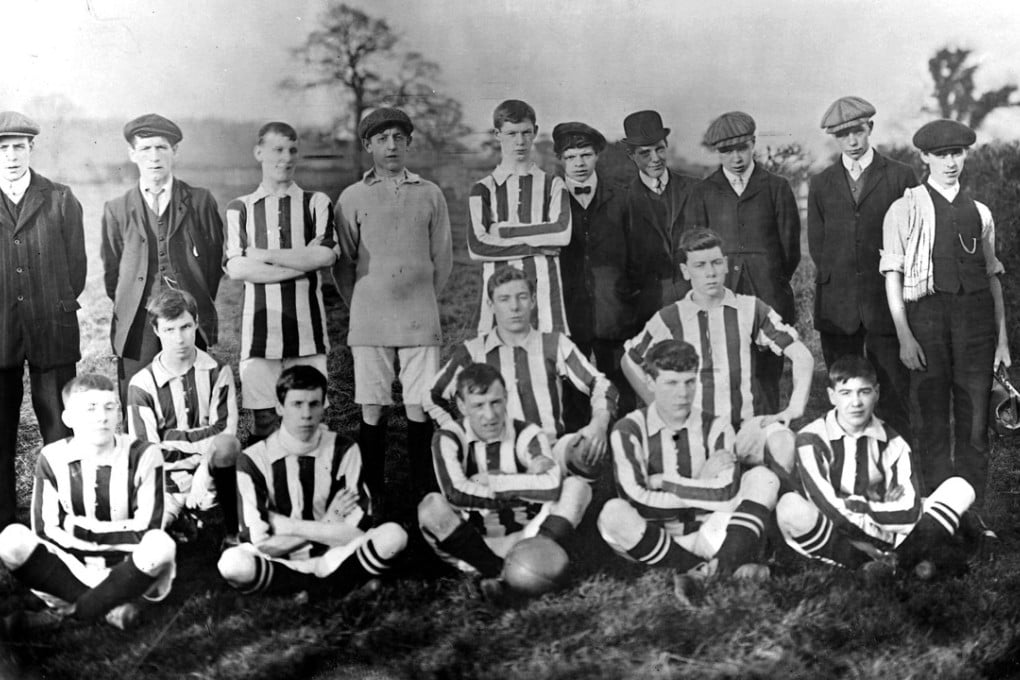Language Matters | The global language of soccer: how English gave the world football, and it gave back rabona and joga bonito
Soccer in its modern form spread from England, and with it a lexicon derived from English. But as the game spread globally, so did new terms, such as rabona and joga bonito, that English has in turn absorbed

The word on the streets is football (or soccer).
With the sport having originated in Britain – the modern form being a 19th-century adaptation of various versions of folk football played since medieval times – it is unsurprising thatthe game’s English terminology spread alongside it upon its introduction to the European continent in the late 1800s.

Many languages directly borrowed the word for football: fotbal (Rumanian), le foot(ball) (French) and futbol (Turkish). Others literally translated the meanings for “foot” and “ball”: fußball (German), voetbal (Dutch) and jalkapallo (Finnish). Some languages maintain two forms for the term: fútbol, balompié (Spanish), futbol, piłka nozna (Polish). Another commonly borrowed term is goal: gol in the Romance languages, Russian and Korean, and goru in Japanese.
But going global works both ways. Teams have become increasingly international over the past two decades, following the 1995 European Court of Justice Bosman ruling on the free movement of labour within the EU; an English Premier League club fielding a starting 11 without any Englishmen is no longer novel.

This year’s Fifa World Cup has seen 25 of the 32 teams field at least one foreign-born player during qualification. Refreshingly, terms from other languages have also become global football-speak.

